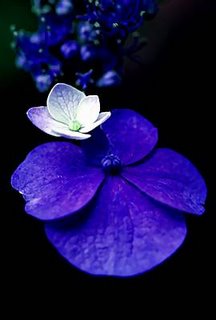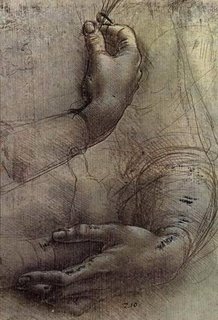
16 December 2005
12 December 2005
Everyone carries around his own monsters

I'd like to make you laugh for about ten minutes though I'm gonna be on for an hour.
[as a TV preacher] People are always asking me, "Reverend; if you need money so bad, why don't you sell one of your houses, or cars or get rid of some of that jewelry?" And I always reply, "Are you crazy!" [looks at the phone bank]
When I was a kid, I always said I'd be in the movies one day, and damned if I didn't make it! Sometimes I just sit home and look out the window and say, "Daaaaaammmm!"
How much money have we raised so far? None! OK, this is a message for all you white people out there. Part of the money we raise tonight will go to the Back to Africa movement and...[every phone rings]
I had some great things and I had some bad things. The best and the worst... In other words, I had a life.

The idea of "laughing to keep from crying" was central to his work and has been diligently avoided by those who claim to owe so much to him.
As he revealed in his last performance films, Pryor understood the prison he had built for himself and the shallow definitions that smothered his audience's understanding of the humanity behind his work.
But, as they say, once the barn door has been opened, you cannot get all of the animals to return by whistling. So we need to understand the terrible mistakes this man of comic genius made and never settle for a standard that is less than what he did at his very best, which was as good as it has ever gotten. Stanley Crouch
I wish that every new and young comedian would understand what Richard was about and not confuse his genius with his language usage. Bill Cosby.
05 December 2005
Amusement-Verse
From The Wordsworth Dictionary of Foreign Words in English by John Ayto: A haiku is a Japanese poem consisting of only three lines, containing respectively five, seven, and five syllables. The genre appeared in the 16th century, and was popularized by the poet Basho in the 17th century. Spare to the point of starkness, haiku traditionally take an image from the natural world (eg the flight of a crane) and leave it suspended in the mind, like a raindrop at the tip of a leaf, so that its subtle allusions may work on the imagination. The Japanese term haiku is a compound, formed from hai 'amusement' and ku 'sentence, verse'.
It is first recorded in English at the end of the 19th century. A hokku was originally the opening half-line of a linked series of haiku, but the term is now used synonymously with haiku. Haiku should not be confused with tanka, which denotes a five-line Japanese poem of five, seven, five, seven, and five syllables respectively (it is a compound of Japanese tan 'short' and ka 'song').

Ajisai (hydrangea) Nara, Lee Dobson
An autumn wind
More white
Than the rocks in the rocky mountain.
old pond . . .
a frog leaps in
water's sound
-- Matsuo Bashö (1644-1694)
It is first recorded in English at the end of the 19th century. A hokku was originally the opening half-line of a linked series of haiku, but the term is now used synonymously with haiku. Haiku should not be confused with tanka, which denotes a five-line Japanese poem of five, seven, five, seven, and five syllables respectively (it is a compound of Japanese tan 'short' and ka 'song').

An autumn wind
More white
Than the rocks in the rocky mountain.
old pond . . .
a frog leaps in
water's sound
-- Matsuo Bashö (1644-1694)
01 December 2005
Subscribe to:
Posts (Atom)

